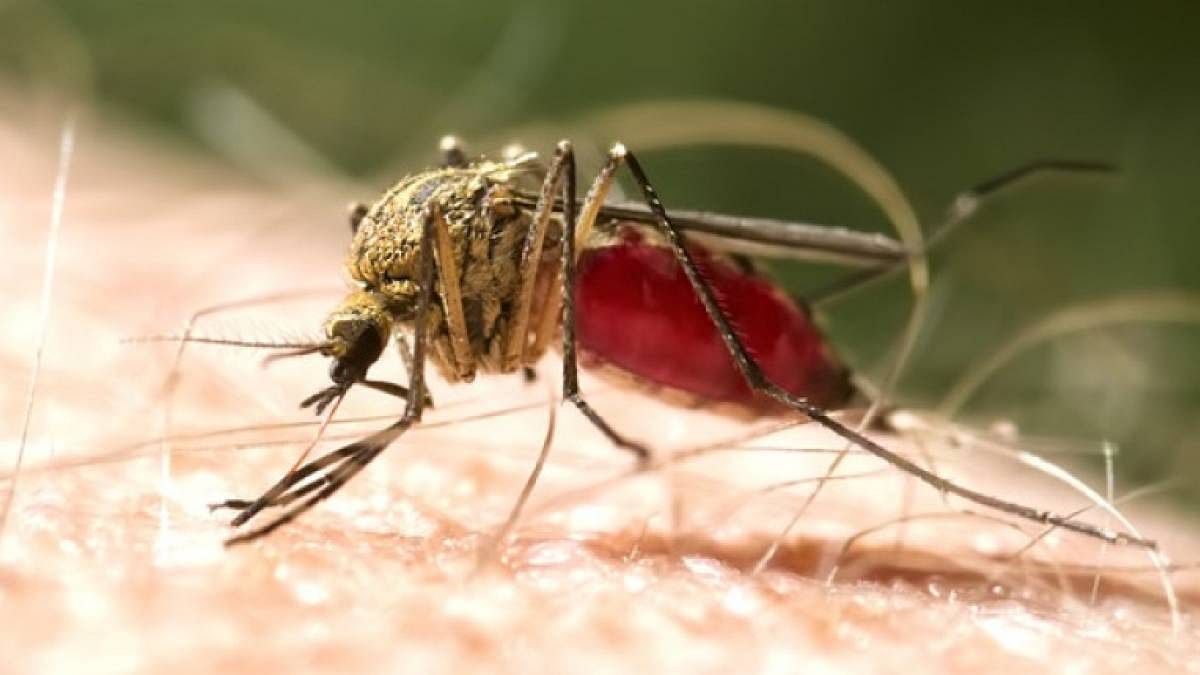New Delhi: French biotech company Valneva, whose vaccine against mosquito-borne illness chikungunya received approval from the US Food and Drug Administration (USFDA) last week — becoming the first licensed vaccine against the viral disease globally — has said it plans to launch the shots in India soon.
The company, in response to a query sent by ThePrint via email, said the vaccine, VLA1553, known commercially as Ixchiq, could be made available in India.
“I confirm that we are planning to make the vaccine available in India through our partnership with the Coalition for Epidemic Preparedness Innovations (CEPI) and Instituto Butantan in Brazil,” Valneva’s chief medical officer, Juan Carlos Jaramillo, told ThePrint.
CEPI is an international organisation that funds research in vaccine development against emerging infectious diseases as identified by the World Health Organization (WHO), while Instituto Butantan is a biologic research centre.
The timeline for making the vaccine available in the country, Jaramillo added, will be determined after regulatory interactions with the Drugs Controller General of India (DCGI).
Jaramillo also said that, in order to make Ixchiq more accessible to low- and middle-income countries, Valneva and Instituto Butantan had signed an agreement in January 2021 for the development, manufacturing and marketing of the investigational chikungunya vaccine.
“The collaboration falls within the framework of the agreement signed between the CEPI and Valneva in July 2019,” he said.
Jaramillo, however, did not reply to a query on whether Ixchiq would be available in India through the government’s Universal Immunization Programme or only in the private market.
“Regarding your question, we are working diligently with our partners and most importantly need to take the regulatory timelines in mind before we can make any decisions at this time,” he said.
The USFDA had approved Ixchiq on 9 November for those aged 18 years and above at increased risk of exposure to chikungunya virus.
According to the USFDA, chikungunya virus is primarily transmitted to people through the bite of an infected Aedes mosquito, primarily Aedes aegypti which also carries the dengue virus, and is an emerging global health threat.
The USFDA says that at least 5 million cases of chikungunya infection have been reported globally in the past 15 years.
The disease — which derives its name from a word in the Kimakonde language, meaning “to become contorted” — resembles dengue fever and is characterised by severe and sometimes persistent arthritis, fever and rash.
Though rarely life-threatening, it is considered debilitating and difficult to treat. Convalescence can be prolonged and persistent joint pain may require analgesic (pain medication) and long-term anti-inflammatory therapy.
First reported as outbreaks in the 1960s in India, the disease made a comeback in the nation in 2006.
Data maintained by the National Center for Vector Borne Diseases Control (NCVBDC) under the Union health ministry shows a high number of suspected and confirmed cases of the disease since 2018 with 1,48,587 suspected and 8,067 confirmed cases across India in 2022.
According to Dr Rohit Kumar Garg, consultant in the department of infectious diseases at Amrita Hospital in Faridabad, there have been several outbreaks of chikungunya in India.
“Vaccination is a key strategy in public health for preventing the spread of infectious diseases,” he told ThePrint. “A vaccine against chikungunya would be highly beneficial for India in reducing the burden of the disease and mitigating the risk of the virus spreading to other regions and countries, in turn reducing the overall economic and public health impact”.
Also Read: Chikungunya strain from India, Bangladesh likely caused 2018-19 Thailand outbreak, study says
‘Highly effective’
The results of Phase 3 clinical trials of Ixchiq in the US, published in The Lancet in June this year, showed that after a single dose, the vaccine induced seroprotective chikungunya virus neutralising antibody levels in 263 (98.9 per cent) of 266 participants in the vaccine group.
According to the USFDA, Ixchiq is administered as a single dose by injection into the muscle.
The vaccine contains a live, weakened version of the chikungunya virus and may cause symptoms in the vaccine recipient similar to those experienced by people who have chikungunya disease.
The effectiveness of Ixchiq is based on immune response data from a clinical study conducted in the US in individuals 18 years or older, said the agency.
In this study, the immune response of 266 participants who received the vaccine was compared to the immune response of 96 participants who received placebo, it added.
The level of antibody evaluated in study participants was based on a level shown to be protective in non-human primates that had received blood from people who had been vaccinated, the USFDA said, adding that almost all vaccine study participants achieved this antibody level.
(Edited by Nida Fatima Siddiqui)
Also Read: Infecting mosquitoes with bacterium Wolbachia cuts dengue spread by 77%, new study claims

